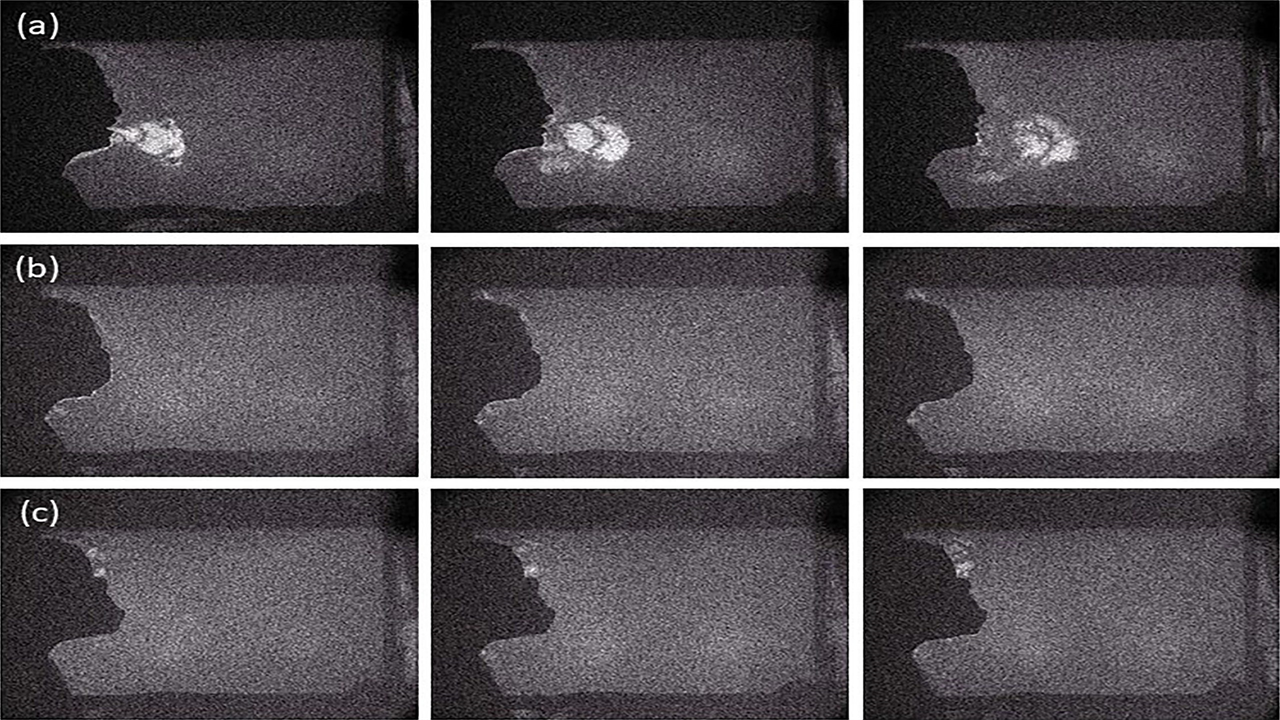Certain Face Masks Prevent COVID-19 Transmission Without Distorting Voice
0 View
Share this Video
- Publish Date:
- 1 December, 2021
- Category:
- Covid
- Video License
- Standard License
- Imported From:
- Youtube
Tags

Researchers saw a professional soprano singing with and without six types of masks. Credit: Thomas Moore
Masks designed for singers prevent transmission of COVID-19, most voice distortion.
When singers create beautiful tones, they can also release harmful particles like the coronavirus. Wearing a mask prevents the transmission of viruses, but also affects the sound.
Thomas Moore, of Rollins College, will discuss his observations of a professional soprano singing with and without six types of masks at the 181st Meeting of the Acoustical Society of America, which will take place Nov. 29 through December. 3. The talk, “Aerosol Propagation and Acoustic Effects While Singing With a Face Mask,” will take place on Wednesday, December 1, at 12:40 PM Eastern US at the Hyatt Regency Seattle as part of a session on making music during a pandemic.
Moore discovered that masks effectively block aerosols, forcing the breath out on the sides. From there, the aerosols go up, rising with the upward flow of the singer’s body heat. The spread of breath likely dilutes the virus and prevents the spread of COVID-19.
At low frequencies, masks reduced volume but had no other effects on vocals. However, masks reduced the power of higher frequencies, making the pronunciation of words less clear and changing the timbre. Masks had no effect on the field.
One of the masks tested, a singer mask, was specially designed with singers in mind. All six masks blocked the forward flow of breath, but the singer’s mask did so with the slightest change in sound.
“A normal cloth mask can reduce the high frequencies by up to 10 times, but a singer mask will reduce them by a factor of less than two,” Moore said.
Diluting virus-causing aerosols is key to reducing infection and the spread of the COVID-19 virus. Although Moore noticed that breath still escaped the sides of the masks, taking off into the air and subsequent diffusion lowers the risk compared to singing without a mask. He said this highlights how good airflow in a room is critical to preventing viral risks.
Meeting: 181st Meeting of the Acoustical Society of America










